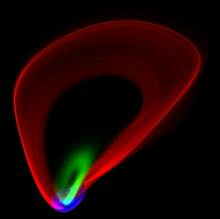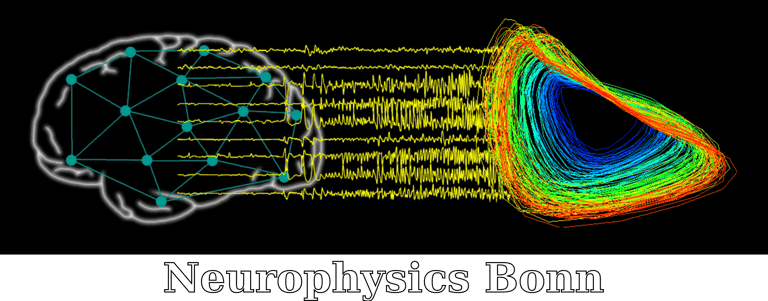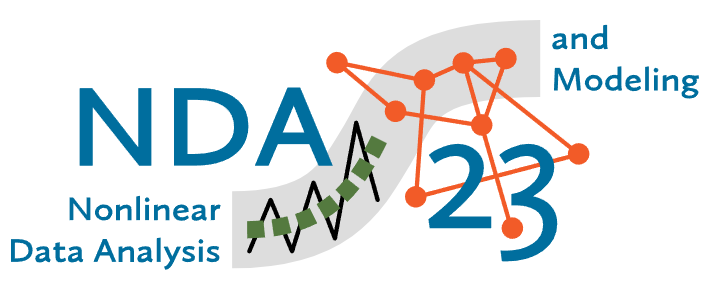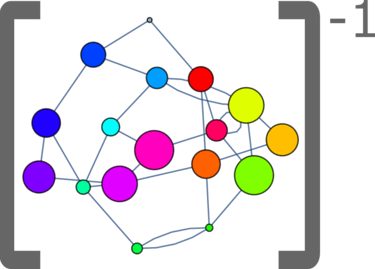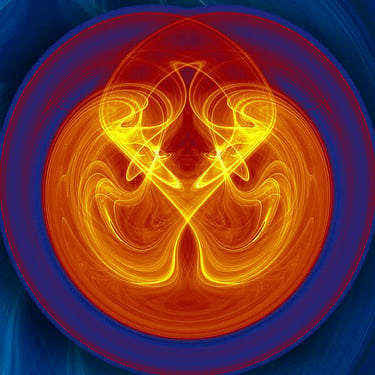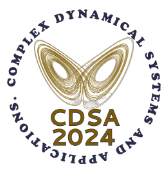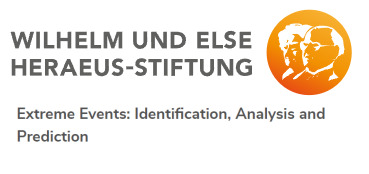time-evolving complex networks: characterization of structure and dynamics
Current Research Projects


Research
We aim to improve understanding of structure and dynamics of complex networked dynamical systems (brain, disease spreading, climate, power grids, etc) through time-series analysis and modeling. To this end, we combine methods from physics (statistical physics, synchronization theory, chaos theory, information theory) and mathematics (nonlinear dynamics, network/graph theory, statistics). For our prime example, the human brain, this is also done in combination with computational neuroscience methods (various neuron models) and with time-series analysis of recordings of brain dynamics. Here, our aim is to develop new diagnostic, treatment and intervention options for people with epilepsy and other neurological disorders. We analyze and model the complex dynamics of the human brain on different temporal and spatial scales with to improve our understanding of normal brain functions and the epileptic process, in particular the onset, propagation and termination of seizures. Simulations and analyses run on a home-made high-performance computing system.
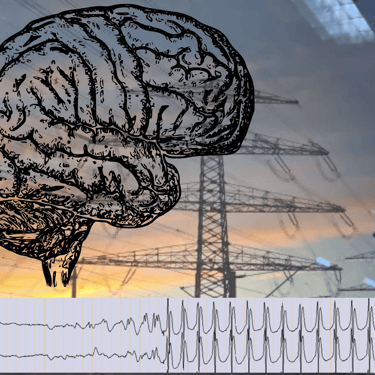

synchronization in and on complex networks (brain, power grids)
higher-order interactions in complex networks (data-driven analyses)
stochastic approaches to complex dynamics (data-driven analyses)
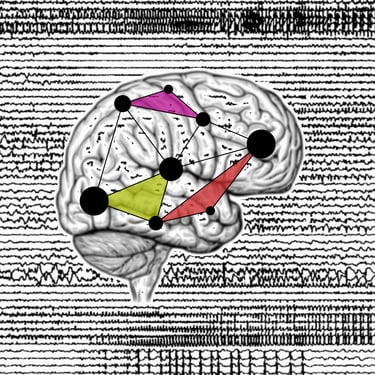

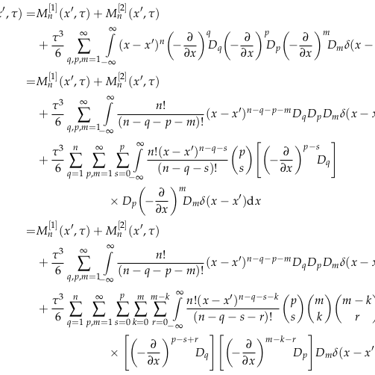

non-autonomous systems and non-convergent dynamics (data-driven analyses)
Clinical Applications
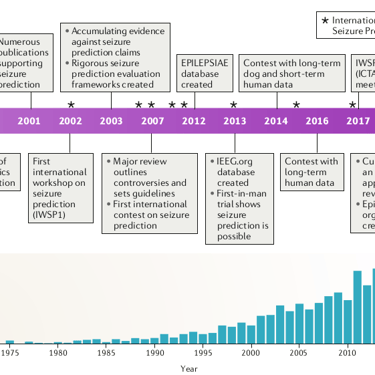

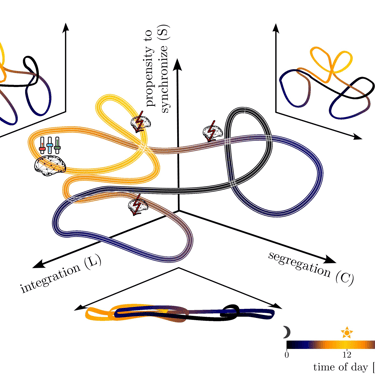

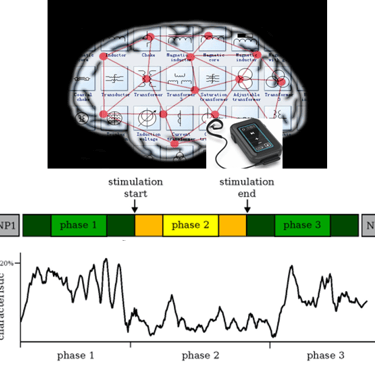

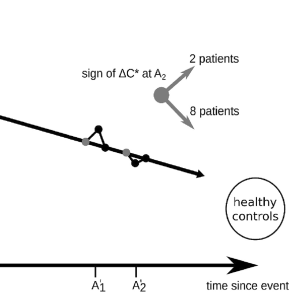

prediction, prevention, and control of epileptic seizures
time-evolving epileptic brain network
non-pharmaceutic treatment approaches in epilepsy (neuromodulation)
We have a wide range of different thesis topics to offer in the fields of nonlinear dynamics, synchronization theory, network theory, statistical physics, and time-series analysis.
If you are interested, please do not hesitate to contact us.
Bachelor, Master, PhD in Physics...
